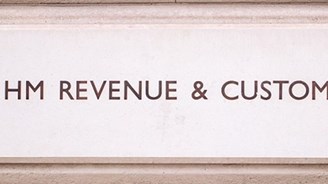HMRC - what can they make you do?

Some of you may have seen the recent Channel 4 documentary following HMRC 'clamping down on tax dodgers'. Whilst all very interesting, the programme focused on high-level fraud and the world of prosecution. It was not applicable to most normal people though.
One interesting point which did come out of the programme was reference to the HMRC computer system Connect, which has access to huge amounts of third party data and 'connects' that data to the parties concerned. Whilst HMRC do have a great deal of access to information, one of the most common issues which we encounter is HMRC requesting information to which they are not entitled to.
Generally, HMRC request information informally but do have formal information powers. These are that an officer of HMRC to require in writing a taxpayer to provide information or produce a document that is in their possession or power if it is reasonably required by the officer for the purpose of checking the taxpayer's tax position. Alternatively, Tribunal approval may be sought.
If a return has been submitted for a chargeable period, a taxpayer notice can only be issued if one of the following conditions is satisfied:
- a notice of enquiry has been given and the enquiry is still open;
- an officer has reason to believe tax should be assessed for the enquiry period;
- any information is needed to check the tax position other than CGT, IT or CT;
- any information is needed to check the PAYE position.
Importantly, a taxpayer has the right of appeal against a notice or any requirement in a notice but this right does not extend to any requirement to produce 'statutory records'. Statutory records are broadly defined as records which are required to be kept by the Taxes or VAT Acts. Therefore, the main defence against a request for business records is reasonableness, for example is it reasonable to ask for a year's records (or for VAT often four years) when no specific questions have been raised or risks identified? I do not think it is reasonable, as HMRC's own manuals state:
You must take great care and exercise discretion when preparing an information notice. Any description must be genuinely directed to the purpose for which the notice is given and be in simple, jargon-free language. You should limit a general description to exclude as much irrelevant material as you can.
An assurance has been given in Parliament that information powers will not be used for speculative enquiries.
The moral? HMRC powers are broad but not unlimited. Make them tell you why it is reasonable!



